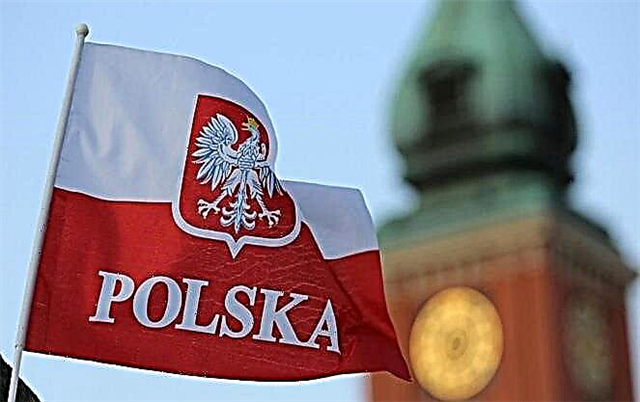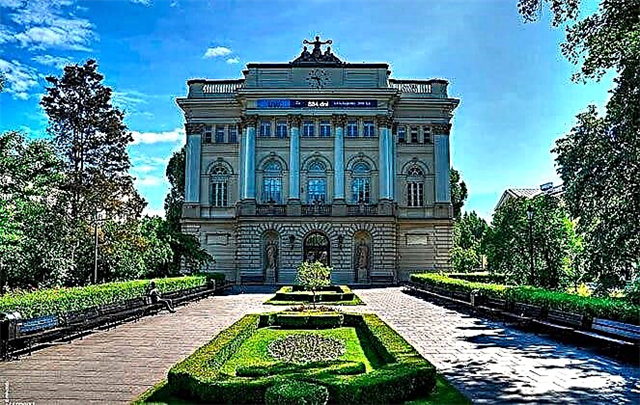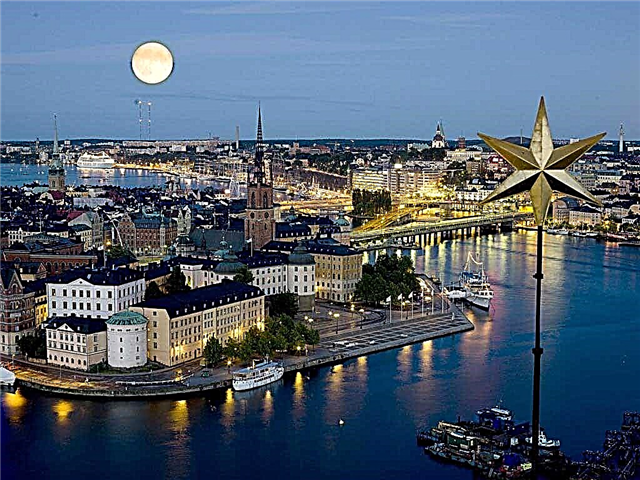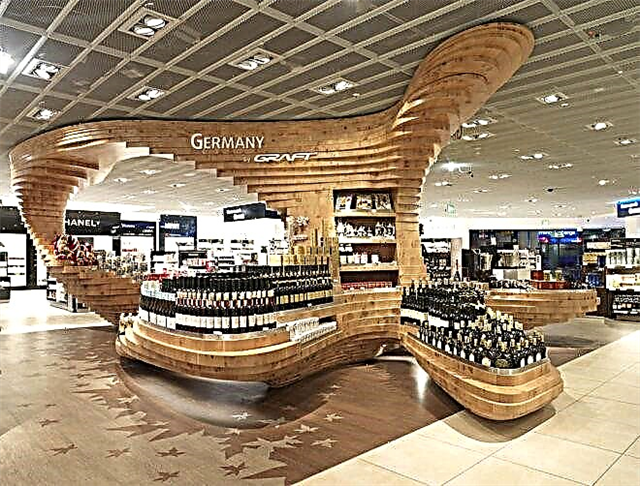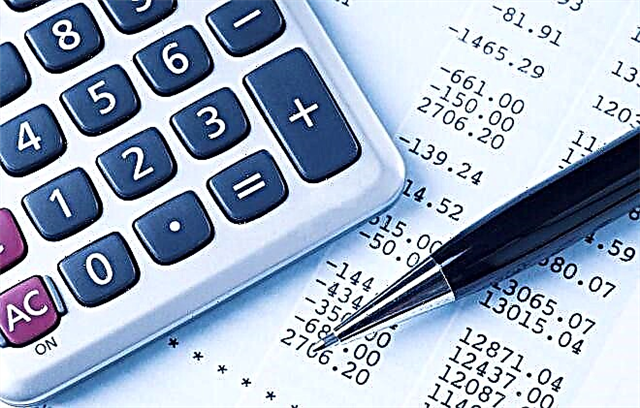Israel attracts immigrants from post-Soviet countries with a decent standard of living, an excellent healthcare system, and the availability of citizenship (for people with Jewish roots). The state ensures the safety and social protection of the population. But utilities in Israel are expensive by Russian standards. Although, if we take into account the average salary when comparing prices, then the financial burden for the average family is comparable.

Annual property taxes
An Israeli citizen for owning real estate or when conducting a purchase / sale transaction with it will need to pay the following taxes:
- Arnona is a council tax. You can split this fee into 6 different payments or make a one-time payment once a year. The size of the "arnona" is influenced by the tariff set by the authorities of a particular settlement, as well as the area of the object and its location. Tax benefits apply to:
- persons requiring constant care;
- new repatriates (for 3.5 years);
- conscript soldier;
- disabled people IDF (Israeli army).
- "Mas rehisha" - purchase tax. Charged from the buyer of real estate. The "mas rehish" rate is established by law and is a value derived from the value of the acquired object, broken down into certain stages as this indicator increases - a higher tax is charged on each subsequent part of the amount. For residents of Israel the tax is 0-10%, and for foreigners 8-10%; repatriates can take advantage of the reduced rate of "Mas Rehish" by purchasing real estate in Israel.
- Ethel Ashbakha - Improvement Tax. Collected by the municipality not only from the owner of the property, but also from the tenant, if these persons have carried out work aimed at improving the property, as a result of which its value has increased. Interestingly, the law allows the owner or tenant to appeal the amount of the payment.
- "Mas Shevakh" - income tax. The effect of this fee applies to an increase in the price of real estate, that is, to the difference between the price of its purchase and sale. Conditions for applying tax incentives:
- for sales conducted by the owner for no more than 4 years;
- if the only apartment is for sale.
What does the list of utilities in Israel include?
You should be aware that there are no such concepts as housing office, as well as central heating in Israel. All services are provided by different firms and companies. Accordingly, they need to be paid according to different accounts.
Let's consider in more detail the main items of expenses for the maintenance of residential square meters and the cost of utilities in Israel.
House committee (waad byte)
For cleaning the apartment building and the surrounding area, including the maintenance of green spaces, the house committee is issued checks for six months, or a fixed amount is paid every month. Its value in the account depends on the area of common premises directly inside the residential building, the adjacent territory and on whether there are many plantings on it.
The waad byte tax ranges from 30-40 to 150-200 shekels / month. But for a beautiful and large house with a huge foyer, around which there is a large area with rose gardens and flower beds, this fee can be even higher - up to 250 shekels. The official owners of the apartment or the persons who rent it are obliged to make utility payments to the house committee in Israel.
Power supply
As in most countries, in Israel, the meter data is used to calculate the amount that will need to be paid for electricity. Electricity supply tariffs in the country are subject to frequent changes.
So, at the beginning of 2021, the average cost of a kilowatt / hour increased by 6% and now electricity is paid in Israel at a rate of 0.49 shekel / kW ($ 0.14).
In the summer months, electricity consumption due to constantly operating air conditioners is almost 2 times higher than in winter. And even the absence of central heating, which necessitates the use of heaters in cold weather, does not change this ratio.
There are the following payment options:
- money transfer by mail, no commission:
- payment for electricity online. It is carried out through specialized sites located on the Internet. Such web resources work with credit cards of all Israeli banking institutions. But there may be restrictions on the amount transferred, for example, no more than 10 thousand shekels;
- give an order for payment to the bank in which the current account is opened (an additional commission is charged);
- via the municipality: call by phone and pay by card.
If the family does not save on comfort and uses air conditioning, they will have to pay about 400-500 shekels ($ 100-135) per month. Beneficiaries receive a 50 percent discount.

Water supply service
At the end of 2021, the Parliamentary Commission on Internal Affairs approved a document according to which the cost of water in Israel for the population decreased by 14.5%. According to the head of the Ministry of Internal Affairs, Mr. Arye Deri, this relief will be especially felt by families with a small income.
But everything is not so simple here. Due to the fact that there is an acute shortage of water in Israel, including drinking water, its consumption is rationed. The size of the monthly quota for one individual is 3.5 m3, and for a housing unit - not less than 7 m3. Anything over consumed will be charged at an increased rate.
Thus, water supply in Israel is charged at low and high rates. Below are the numbers for both options.
- 6.82 shekels (1.95 dollars) per 1 m3;
- 12.85 shekels (3.57 dollars) per m3.
Frequency of receipt of invoices - once every 2 months. There is an average of about 50 shekels per person. The average family pays around 200-250 shekels per month.
Gas supply
There are several dozen competing firms in the gas supply industry in Israel. Since 2021, the Ministry of Energy has been publishing a register in the public domain that allows citizens to analyze the prices announced by various companies and make the best choice from suppliers operating in a specific region, applying the criterion "type of infrastructure".
Central gas supply in Israel is realized in two ways:
- from underground storage;
- from external gas cylinders.
The first option, although insignificantly, still reduces the cost of the service. But in old houses, the second is generally accepted. It implies a mandatory two-month subscription fee.
The table shows the cost of gas (in dollars).
| Town | Price for 1 m 3 of gas | Monthly fee |
|---|---|---|
| Haifa | 5.8 to 10 | from 5 to 9.5 |
| Tel Aviv | 6.5 to 11.2 | from 5 to 10 |
| Jerusalem | 4.5 to 5.8 | 8.2 to 11 |
A cheaper alternative is to install gas cylinders. For example, the cost of such equipment weighing 48 kilograms (capacity approximately 20.4 m3) is
- in Jerusalem - from $ 98 to $ 125;
- in Tel Aviv and Haifa - in the range of 125–150 dollars;
The subscription fee is not charged if the consumer has built a gas pipeline branch at his own expense by attracting the services of a certified specialist and takes responsibility for its serviceability.
Internet, telephone, television
The largest ISPs and mobile operators in Israel include Pelephone, Orange and Cellcom. The monthly fee for 1-3 Gbps of traffic and unlimited mobile communications is about 100 shekels.
A landline phone has not yet outlived its usefulness, but, as a rule, it comes in a package with home Internet. In total, consumers will have to pay 150-200 shekels per month. The TV package will increase the bill by 120-250 shekels.
Real estate insurance
Owners of real estate in Israel have the right to choose between home insurance and savings on the purchase of an appropriate insurance policy. When an insurance contract is concluded for $ 30-60 thousand, the annual premium costs will be quite acceptable $ 180-300.

Example of calculating the cost of a property owner
For example, consider an option with an apartment worth $ 470,000 and an area of 110 m2, located near the city center. A family of 3 lives in it for 3 months.
- the estimated annual tax is $ 710;
- Home Maintenance Costs (Housing Committee Pay) - $ 800
- payment for water - 750 shekels, approximately $ 120;
- electricity costs - about $ 300;
- centralized gas supply - up to $ 40;
- insurance policy for housing (if desired by the owner) - $ 75.
Adding all these numbers together, we get that the amount of expenses per year is USD 2,045 (as of December 2021, this is NIS 7,710.88).
Renting out and management companies
The possibility of foreigners to earn money by leasing real estate is not limited by Israeli law. But it must be remembered that tax must be paid on the income received, the calculation of which is carried out according to a complex formula: out of 6,000 shekels earned on the provision of housing for rent, the state will have to pay about 1,980.
Below is the average rental income.
- 3-room apartment in one of the dormitory districts of the city - 3,000 - 5,650 shekels (800-1,500 $);
- 3-room apartment in the central part of the city - 4,500-7,000 shekels (1,200-1,850 $);
- 1-room apartment in one of the sleeping quarters of the city - 1,950-3,300 shekels ($ 520-880);
- 1-room apartment in the central part of the city - 2,600-4,000 shekels (690-1,050 $).
The yield on the provision of housing for rent on average in the country is at the level of 4-5% per year, but depends on the quality of real estate and on its location.
For the timely payment of utility bills, taxes, as well as for the successful delivery of housing for rent, it is recommended to resort to the services of a management company. Such firms work efficiently, but they also charge quite a lot for their work - about 10-15% of the rental cost.
The responsibilities of the management company include: advertising housing, organizing the settlement / eviction of sub-tenants, cleaning the apartment and caring for it, eliminating minor breakdowns.
Conclusion
Utilities costs for most of Israelis include practically the same items: the cost of electricity, gas, water, payments for the services of mobile operators, landlines, television and Internet providers.
The total amount of payments depends on the region of residence, the characteristics of the property and the composition of the family. Real numbers fluctuate in a wide range - from 200 to several thousand dollars per month.

